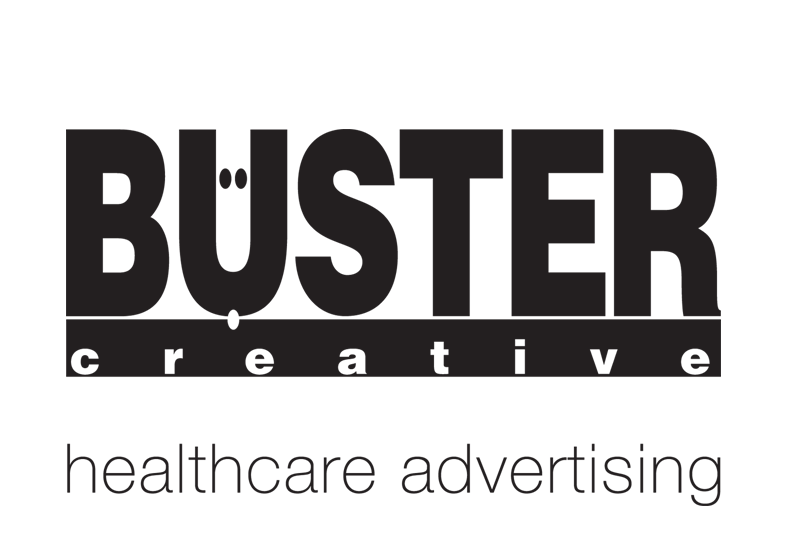Do you trust your smartphone for healthcare information?
According to a new study, U.S. consumers seeking health information online are more likely to do so using a PC rather than a smartphone or tablet. The national consumer survey, conducted by research and communications firms Makovsky Health and Kelton, shows fascinating data on people’s preferences for accessing healthcare information.
“The macro-trend – globally and in the U.S. – is moving from web to mobile,” Tom Bernthal, CEO of Kelton, is quoted as saying. “Yet, when it comes to healthcare, data show the desktop search is vastly preferred, meaning the newest channels might not be best for healthcare marketers … These survey data shed light on where companies should invest to engage consumers in cost-efficient, yet effectively engaging ways.???
Here are the top findings from the study:
When and How Do Consumers Search?
- People are most likely to use a personal computer (90%) – not a smartphone (7%) or tablet (4%) – to search for health information online.
Who Do Consumers Trust?
- 56% of Americans go to WebMD for healthcare information, 31% visit Wikipedia, and 29% visit health magazine websites (e.g., Prevention, Women’s Health)
- Social networking sites are utilized by far fewer Americans for healthcare information: Facebook (17%), YouTube (15%), blogs (13%), and Twitter feeds with links to other resources (6%)
How Can a Company Connect?
- 53% are most likely to believe company news from a press release
- 29% are most apt to believe what is posted on a company website
- Official corporate Facebook pages are a distant third (12%), while only 2% have the strongest faith in company news posted on Twitter
Click on the infographic below for additional data.



